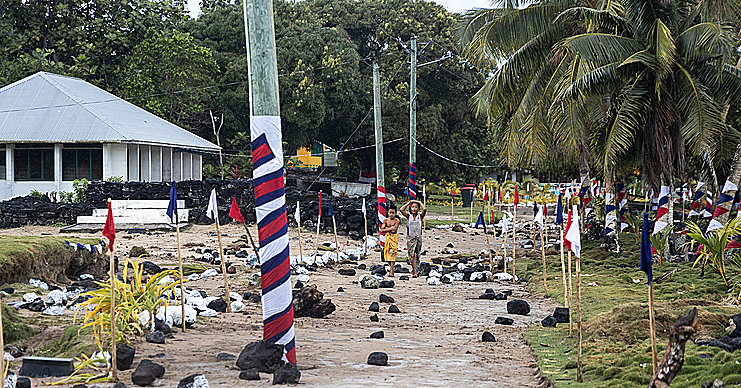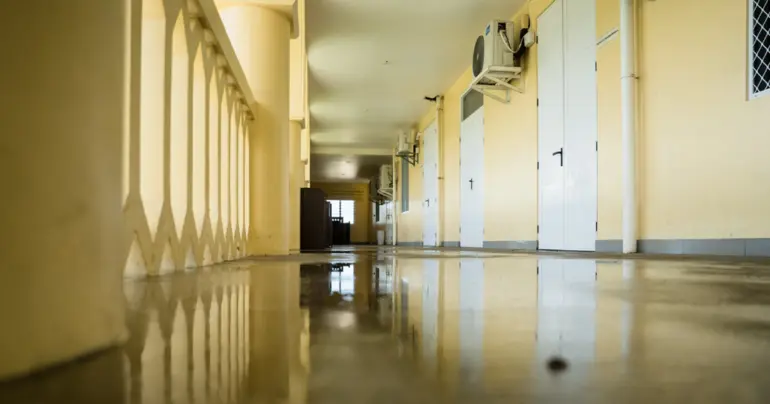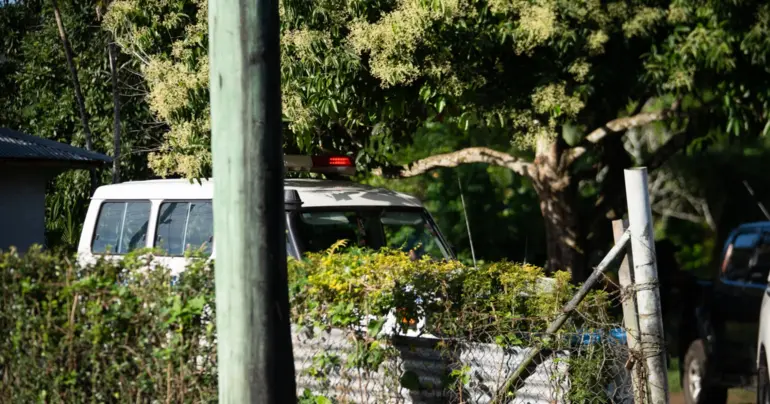The merits of regulating alcohol advertising
 By The Editorial Board
•
17 January 2020, 12:00AM
By The Editorial Board
•
17 January 2020, 12:00AM
Sadly we have entered the new year with more alcohol-related incidents that has led to violence and injury. Last year there were deaths associated with alcohol consumption.
In a stabbing incident on Tuesday night at Fugalei – which saw the victim taken to hospital and the accused charged with attempted murder and kept in custody to await his court appearance – alcohol was a contributing factor, according to the Police Commissioner, Fuiavaili'ili Egon Keil.
In September last year Fuiavaili'ili appealed to the Liquor Board to take action after the Police pointed to alcohol as a determining factor behind some of the murder cases that they investigated.
But the Liquor Board Chairman and the Customs and Revenue Minister, Tialavea Tionisio Hunt, said it was difficult to control the alcohol consumption habits of members of the public and crimes increased despite a spike in liquor tax.
Close to five months later, Minister Tialavea has announced the Government is drafting new legislation to regulate the advertising and promotion of alcohol products in Samoa.
The bill will be tabled in Parliament this year and if passed will replace the Liquor Act 2011.
The Government’s attempts to address the issue – through the Liquor Board – has been haphazard. The liquor tax increase was later reduced, in response to concerns expressed by the tourism industry, and eventually became an embarrassment for Government as it missed out on taxes and local firms squandered their profits.
The decision to keep children out of alcohol advertising is morally correct, mindful of the long-term repercussions on the future generation.
We believe the Liquor Board should have an open mind when drafting this key legislation and look at what other countries are doing in this space.
In New Zealand alcohol advertising should not be directed at minors in both content and placement; in Australia alcohol advertising should not portray adults under 25 years of age; in Thailand taking a selfie with beer could attract a prison sentence; and in the United Kingdom advertising should not encourage excessive drinking.
The Australian experience could also assist the Liquor Board and the Government navigate the challenges of social media marketing of alcohol, especially with the growing popularity of Facebook and Instagram in Samoa.
Research released last year found three-quarters of ‘top 70 Aussie Instagram influencers’ featured alcoholic drinks in their posts, with only a quarter of them disclosing they were paid by alcohol brands.
And other than the impact that high alcohol consumption is already having on crime, violence and anti-social behaviour in Samoa, we should not forget the overall cost of alcohol to society.
Last year New Zealand’s national alcohol watchdog, Alcohol Action New Zealand (A.A.N.Z.), criticised the New Zealand government for not taking on board recommendations from a mental health and addiction inquiry to strengthen alcohol regulations.
The group estimated that 8000 Kiwis died prematurely in the last decade due to alcohol, and alcohol was a contributing factor to 700,000 physical and sexual assaults, up to 30,000 children born with alcohol-related brain damage, and over NZ$70 billion in social costs over the last 10 years.
The A.A.N.Z. statistics makes you wonder how much is the cost to Samoa in terms of crime, health and social costs? An independent national study, whose findings and recommendations will be used to formulate a national alcohol strategy, should be on the Government's radar.
One thing we do know is that alcohol-related crime has increased, especially for violent crimes and driving under the influence (D.U.I.) which has led to more fatalities on our roads.
We note the concerns expressed by Minister Tialavea on the need to protect the manufacturers of locally-produced alcohol, and recommend that they too representing the industry should be part of the conversation.
In fact the Liquor Board should take a holistic approach and also invite the relevant Ministries such as the Ministry of Health, the Ministry of Police and the Ministry of Women, Community and Social Development.
Getting the World Health Organisation (W.H.O.) on board to provide technical advice to all the stakeholders, due to its extensive work on alcohol consumption and its impact globally, would also be a smart move.
The input of the three Ministries, the W.H.O. and the industry into the formulation of the bill would go a long way in ensuring the harmful use of alcohol in Samoa can be minimised.
But more importantly, ensuring that the most vulnerable and young members of our community, not falling victim to alcohol abuse – due to ill-advised advertising and promotions, which might capitalise on loopholes in the proposed law.
Regulation is now more important, especially for a small country where everywhere you turn an alcohol-related ad is staring at you. This should ultimately lead to education programmes and other community-related events on responsible consumption.
Have a lovely Friday Samoa and God bless.
 By The Editorial Board
•
17 January 2020, 12:00AM
By The Editorial Board
•
17 January 2020, 12:00AM










